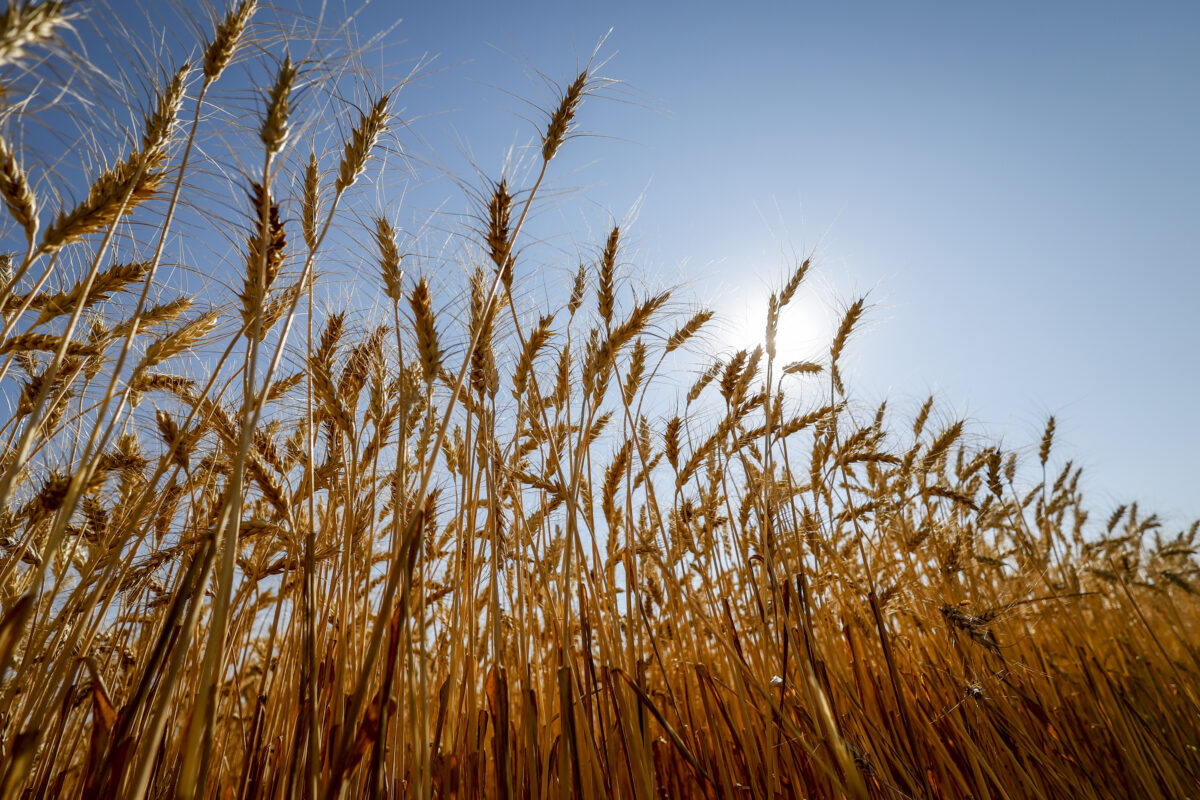


A retirement wave coming to Canada’s agriculture sector over the next 10 years and the shortage of workers to fill that labour gap are likely to add burdens to Canadians’ grocery bills, experts say.
A Royal Bank of Canada (RBC) report, dated April 2, said that by 2033, 40 percent of Canadian farm operators will retire, while a shortfall of 24,000 general workers in farms, nurseries, and greenhouses is expected to emerge in the same period. Adding to the concerns, two-thirds (66 percent) of those producers have no succession plans in place, which puts agriculture “on the cusp of one of the biggest labour and leadership transitions in the country’s history,” the report said.
“Canada’s agricultural skills crisis is already one of the world’s worst,” the report said, noting that the country has one of the highest skills shortages in food production compared to other major food exporting nations in the Organisation for Economic Co-operation and Development (OECD)—trailing only the United States and the Netherlands.
The report was authored by Mohamad Yaghi, RBC’s agriculture and climate policy lead, alongside a team of researchers at the Arrell Food Institute at the University of Guelph.
The findings echo a December 2022 report by researchers from several universities in Canada. Titled “Canada’s Food Price Report 2023,” it forecasted that Canadian households are expected to see their grocery bill increase by an average of 5 percent to 7 percent this year.
To address the labour shortages, the authors provided a three-point solution to offset the crisis.
In the short term, they recommend providing permanent immigration status to over 24,000 general farm workers and 30,000 operators to bridge retirement and staffing gaps.
Canada could also look to attract more highly-skilled farm operators from countries where regulatory policies have forced them to downsize and have even driven them out of work. The authors pointed to the Netherlands, where the government seeks to buy out 3,000 Dutch farmers to meet the European Union’s (EU) greenhouse gas emissions target.
“Hundreds of thousands of skilled farmers worldwide are being forced to downsize or are facing closures. In the EU alone there has been a loss of over four million farms since 2005,” the report said. “This is creating a labour pool of qualified farmers around the world that can help Canada grow its food exports while also adapting to stringent sustainability regulations.”
In the medium term, the report called on Ottawa to continue boosting enrolment in agriculture schools across Canada.
Following an enrolment decline in the 1990s, many academies reassessed their curricula, and through the introduction of cross-disciplinary courses, the enrolment rate has gradually improved since 2003, the report said, adding that Canada currently has one of the highest post-secondary education enrolment rates in agricultural, forestry, fishing, and veterinary compared to other countries in the OECD, EU, and Group of 20.
Automation in agriculture should be considered as an even longer term solution, the report said, encouraging more ambitious research and development, and calling for more funding from public sources.
“The agriculture sector is facing a transformational skills and labour crisis. However, with the right approach, this acute disadvantage can become a generational advantage,” the authors said in conclusion. “The opportunity is there for farmers, governments and the broader agricultural supply chain to work together on this issue.”
